
The Stress Test
How Pressure Can Make You Stronger and Sharper
Recommendation
German philosopher Friedrich Nietzsche (1844–1900) said, “What doesn’t kill me makes me stronger.” Nietzsche saw people as capable of managing their own destiny. He didn’t see them as passive entities who couldn’t challenge fate. Psychologist and neuroscientist Ian Robertson reports that recent research backs Nietzsche’s position. If you wish to overcome adversity you must believe that you can. Robertson draws on his professional experience plus advances in neuroscience and psychology to offer a compendium of case histories that add up to a hopeful, inspiring message. getAbstract recommends his report to those responsible for employee welfare or those who’d like insight into their own ability to meet challenges.
Summary
About the Author
Ian Robertson is a clinical psychologist and neuroscientist. His previous books include Mind Sculpture, The Mind’s Eye and The Winner Effect.







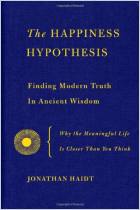
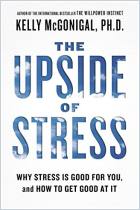
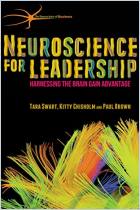
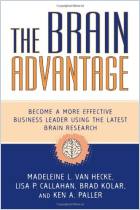
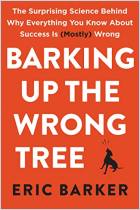
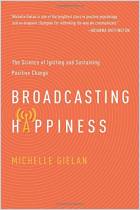



Comment on this summary or Iniciar a Discussão